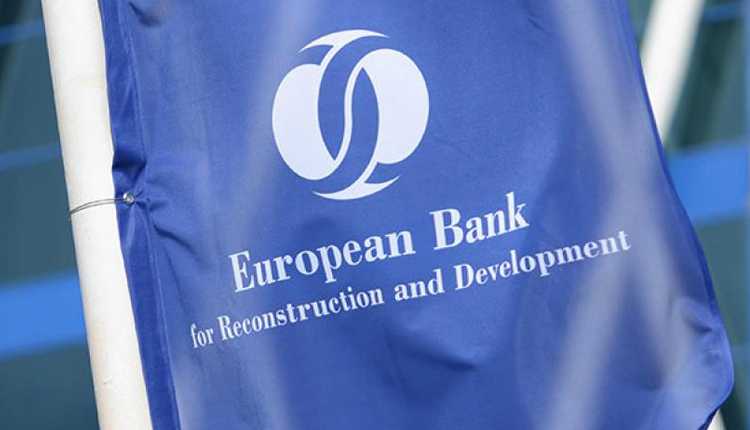NUR-SULTAN – The European Bank for Reconstruction and Development’s (EBRD) Women in Business programme has provided $561 million in credit lines to more than 60,000 women-led small and medium-sized enterprises (SMEs) in 18 countries.
Launched in 2015, the programme offers a unique combination of financing together with technical assistance and access to know-how, including mentoring and networking opportunities as well as training and business advice in operational efficiency, strategy and financial management. EBRD also provides the online self-diagnostic tool Business Lens, which helps women entrepreneurs identify the strengths and opportunities within their businesses.
EBRD Managing Director of Financial Institutions Francis Malige noted promoting women’s inclusion in business is vital to realising the full economic potential of any country.
“It is unique in its combination of finance and advisory [assistance], but what really makes it stand out is the impact it is making in empowering women and unleashing their potential,” he said.
Creating a favourable business environment for women entrepreneurs is also a priority.
“In the EBRD regions, women entrepreneurs often continue to face legal and cultural barriers when they wish to go into business. Our comprehensive Women in Business programme has been helping address these issues in an impressive range from fashion designers to furniture producers and from retailers to construction companies. We are proud and pleased to contribute to the creation of high-performing and inclusive business environments in the economies where we work,” said EBRD Director for SME Financial Products Ines Rocha.
EBRD and six partner financial institutions – Arnur Credit, Bank Kassa Nova, Bank Centre Credit, ForteBank, Microfinance organisation MFO KMF and Shinhan Bank – provided 21,281 sub-loans worth 28.9 billion tenge (US$76 million) to women-led enterprises in Kazakhstan.
The bank also supports women entrepreneurs outside the country’s major cities in accessing finance.
“A significant gender gap in entrepreneurship in Kazakhstan instigated an integrated and creative approach to closing it. The EBRD became the trendsetter not only in proactively promoting women entrepreneurship in Kazakhstan, but also in providing mentoring as a service under Women in Business. Mentoring was not always seen as a valuable learning resource, particularly amongst women entrepreneurs. Offering consulting and business coaching services, we helped women-led businesses to solve specific problems such as promoting the company on the Internet or improving the efficiency of their management systems. With the help of mentoring, we created the opportunity not only to discuss strategic development issues with the business leaders from Kazakhstan and abroad, but also tips on work-life balance and personal development,” reads the release.
Approximately 58 percent of the beneficiary women-led enterprises within advisory projects created new jobs and 73 percent of them have achieved turnover growth. Close to 250 women entrepreneurs joined the mentoring programme and 97 percent benefitted from their mentors’ knowledge and experience.
Nearly 400 women entrepreneurs took part in the workshops to develop skills in key areas of management ranging from leadership to information and communications technology (ICT) and financial management.
EBRD initiated the WECON Conferences to connect women in business with their role model entrepreneurs, strengthening their business linkages and providing the inspiration and motivation for the next success stories. Since 2018, more than 800 women entrepreneurs in 13 different regions have attended the conferences.
Recently, EBRD launched the Women in Microbusiness programme for 350 women entrepreneurs from 14 Kazakh regions to improve their access to efficient business tools and modernise how they do business.
Fifteen women-led enterprises are also participating in the Fast Track accelerated programme to learn the world’s best practices for promoting women’s entrepreneurship, choose from different types of consulting services and business coaching and expand their business contacts.
EBRD helped Smart Imperium, a Montessori kindergarten, to develop a network of branches in Almaty and Almaty Region and increase its revenue by 360 percent. The enterprise was able to launch Montessori primary schools for the first time in Kazakhstan with the help of the bank’s advisory services.
The bank also assisted AGF Group with automating its process to produce home textiles, developing a brand and creating a marketing strategy to open retail stores. Sales turnover was 150 million tenge (US$391,132) per year prior to EBRD support; in 2018, it reached four billion tenge (US$10 million). The enterprise has become an IKEA supplier.


